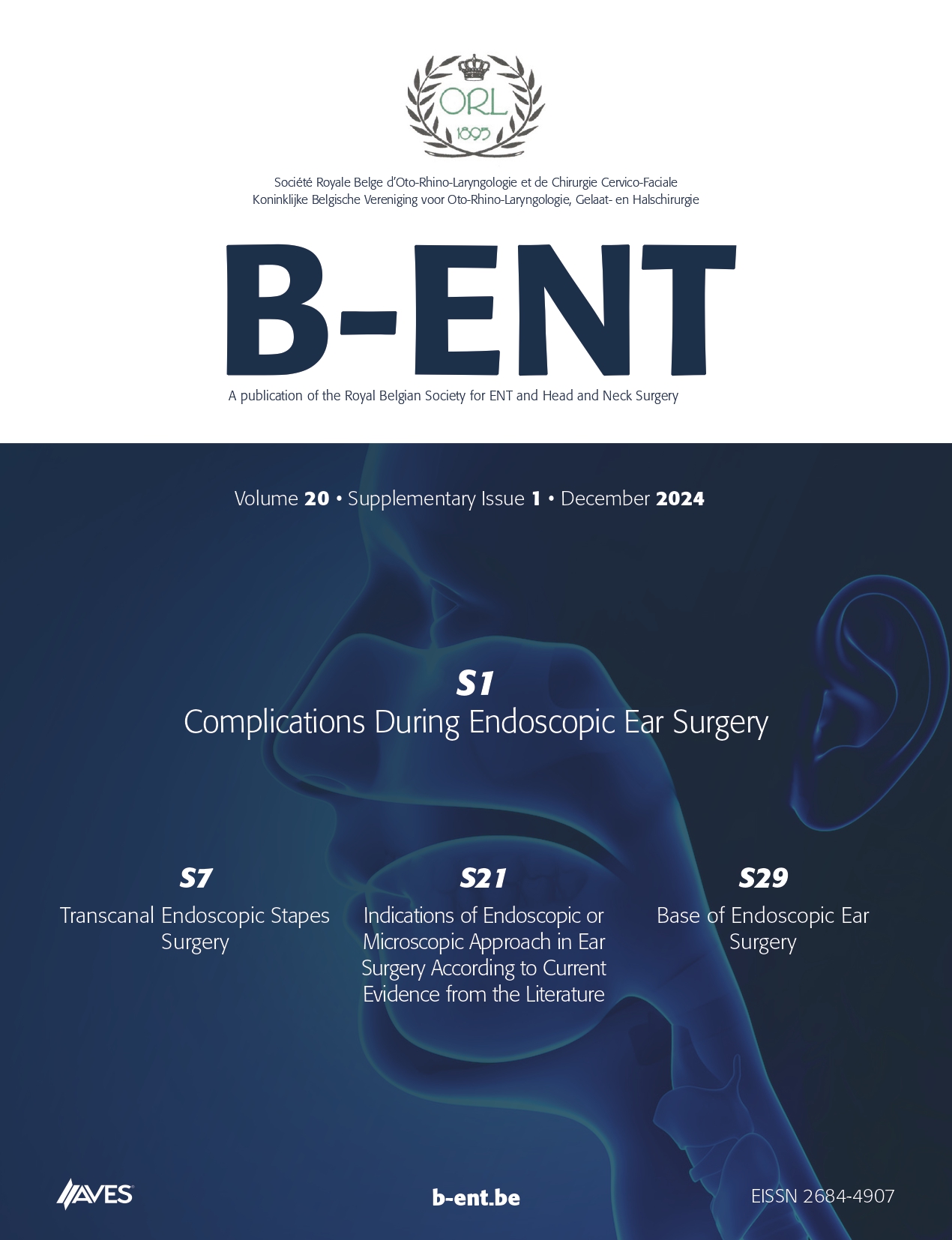Minimally invasive endoscopic unilateral transsphenoidal surgery for pituitary adenomas. Objective: The aim of this study was to analyse the results of minimally invasive endoscopic unilateral transsphenoidal surgery for pituitary adenomas.
Methods: A series of 83 patients presenting with a pituitary lesion was reviewed retrospectively. Surgical procedures were performed between February 2007 and December 2010. The extent of resection was evaluated on post-operative contrast-enhanced MRI. We also reviewed our complications and compared them with the literature.
Results: Our series included 10 micro- and 73 macro-adenomas, with cavernous sinus invasion in 60.3%. Fifty-three per cent were non-secreting. Complete resection of the macro-adenomas was achieved in 22.5% of the cases. Complications were as follows: 2 deaths (2.5%), 2 sinusitis (2.5%), 5 CSF leaks (6.2%), 1 meningitis (1.2%), 16 post-operative anterior lobe insufficiency (19.8%) and 4 persistent diabetes insipidus (4.9%). Thirty-seven patients (44.6%) presented with a compression of optical pathways with an improvement of visual acuity in 94.3%.
Conclusions: Purely endoscopic unilateral endonasal transsphenoidal adenoma resection is minimally invasive surgery leading to a good rate of gross total tumour resection and it is associated with a low complication rate.



.png)
